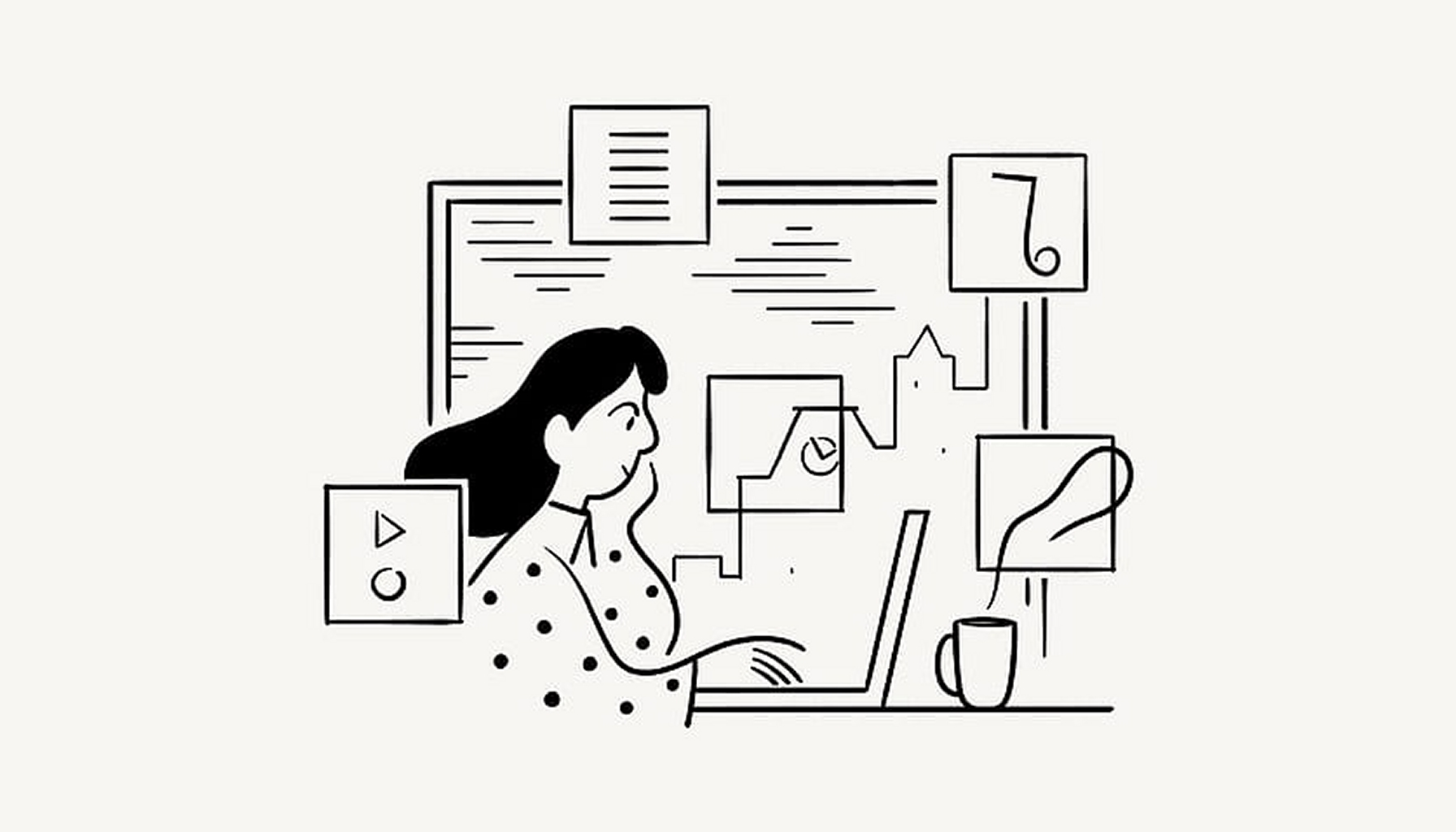For most of my life, I’ve been at war with my own memory.
I’m great at solving problems, debugging complex code, and figuring out tricky logic flows. But ask me where I saved that important note from last week? Gone. Ask me what I was about to do five seconds ago? No idea.
My brain has this incredible ability to cling to completely useless information while ruthlessly discarding the things I actually need.
I’ve spent years searching for a way to keep my thoughts, projects, and tasks organized. I tried:
✔ Sticky notes (good luck finding them when I actually need them… they vanish into another dimension).
✔ To-do list apps (too rigid, too limited, abandoned after a week).
✔ Google Docs (a black hole where ideas go to die).
✔ My own memory (don’t even ask).
Nothing worked.
Then I stumbled upon Notion, and suddenly, my brain had a backup system.
Why Notion Works for Me (When Everything Else Failed)
I’ve always been skeptical of “all-in-one” productivity tools.
Every app promises to be the last one you’ll ever need—and every single time, I end up uninstalling it because it’s either too simple, too complicated, or just doesn’t fit how I think.
Notion is the first one that actually adapts to me.
- It’s a notes app, task manager, and database—all at once. But only if I want it to be. I can keep it simple or build a full-blown project tracker. It’s a blank canvas, and I decide the rules.
- The free version is actually good. Unlike Obsidian, I don’t have to pay just to sync across devices. Unlike Evernote, I don’t feel like I’m using a relic from 2010.
- I can publish and share pages instantly. No fighting with exporting or formatting—one click, and it’s a webpage. Done.
- I can dump everything into it, and nothing gets lost. Ideas, tasks, half-baked thoughts—they all have a home now. And somehow, I can actually find them when I need them.
Before Notion, my workflow was a mess.
- Notes buried in random text files.
- Ideas scattered in Google Keep, which I’d forget existed.
- Tasks floating in my head, patiently waiting to be forgotten.
Now? Everything is in one place. Exactly where I expect it to be.
It’s like having my own personal knowledge base, and for the first time, I actually trust my system.
What About the Offline Mode?
Yeah, I know—Notion doesn’t work offline.
For most people, that’s a deal-breaker. But for me? It doesn’t matter.
I work online all the time. My job as a developer is remote. My files live in the cloud. My meetings are on video calls.
The only time I’d need offline notes is if I were stuck in a cabin with no internet—and at that point, I have bigger problems than note-taking.
Like figuring out how to survive without Stack Overflow.
For my actual, daily reality, Notion’s always-online approach isn’t a limitation.
It’s just how I already work.
The Takeaway
I didn’t think I needed Notion.
I thought I just needed to be more disciplined or find the “right” system to organize my thoughts. I assumed I was just bad at remembering things, and that was that.
But now? I can’t imagine functioning without it.
If you’ve ever felt like your thoughts are scattered across a dozen places, if you struggle to remember things you actually need, if you’ve tried every productivity tool and nothing stuck—
Notion might be exactly what your brain has been waiting for.
And unlike my real brain, it actually remembers things.
